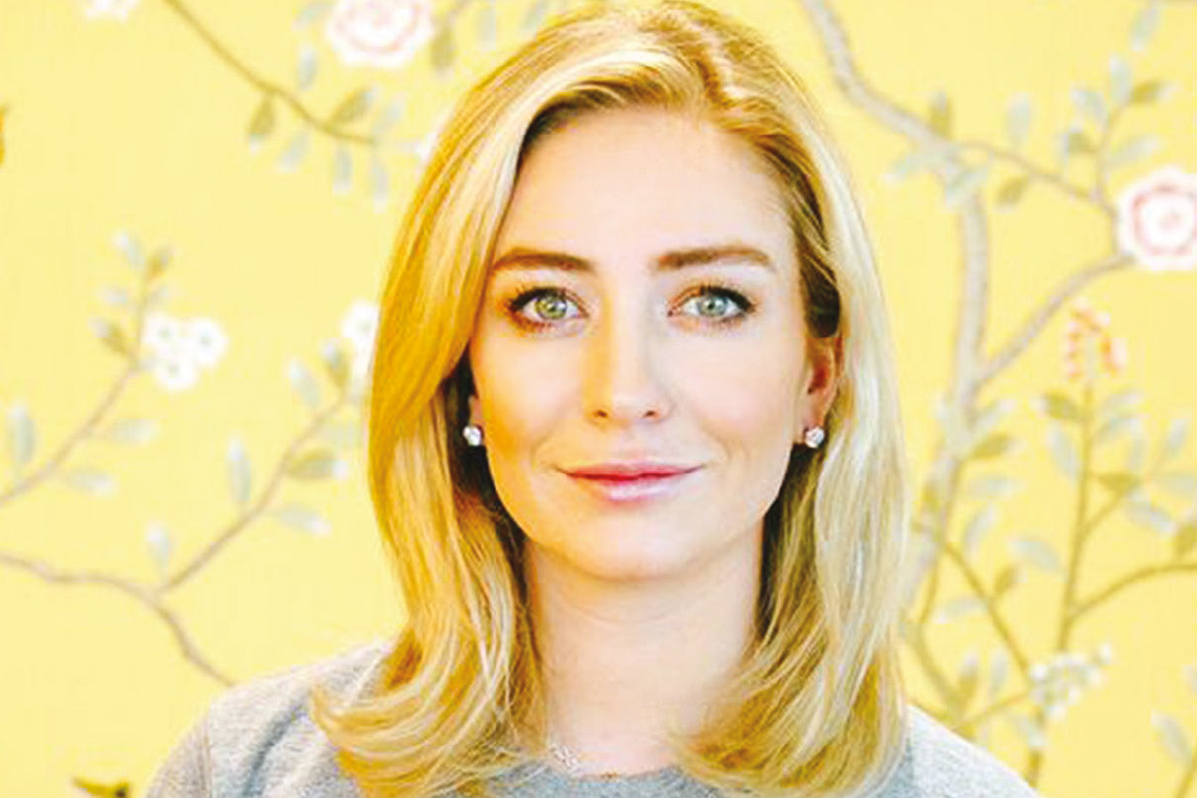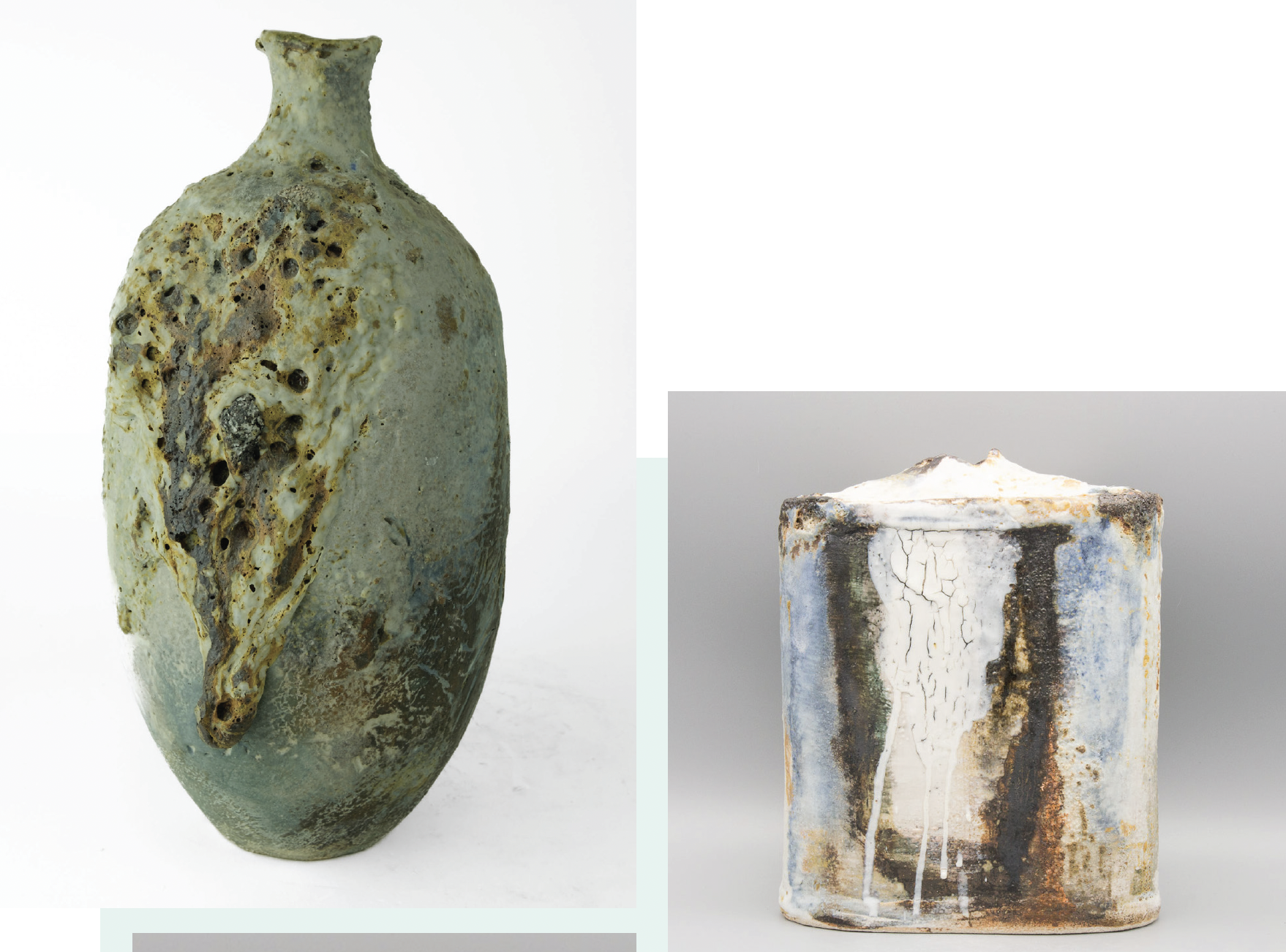
For most women looking to date, the real world is a scary enough place. Online dating is not much better and, to many, offers little respite. Trolls - male and female - are emboldened by their notional anonymity. Verbal, emotional, misogynistic, racial abuse – and this is across all social media platforms - are rife, with little thought given to the targets of those trolls.
In order to partially counter-act this, why not give women the power on dating sites and apps? Let them make the first move. Imagine setting one of the most powerful dating sites up to do just that, and still be on the receiving end of pathetic, vile hatred.
Whitney Wolfe Herd founded Bumble Inc. – against a backdrop of unwanted, bullying behaviour that had been foisted upon her, professionally and personally – in an attempt to regulate and re-balance online behaviour. In so doing, it made her the youngest self-made billionaire in American corporate history. Dynamic takes up the story.
Whitney Wolfe was born in Salt Lake City, Utah on July 5th 1989. Her parents are of mixed religion; her mother is a Catholic, her father Jewish. She attended Southern Methodist University in New Mexico, where she majored in International Studies.
She has considered herself a feminist from an early age, telling The Times that she disliked how Utah’s dating culture was dominated by men — women were expected to wait for them to make the first move.
Early business
She started life in commerce at a fairly early age. At the age of 20, she started a business selling bamboo tote bags to benefit areas affected by the 2010 Deepwater BP oil spill which had ravaged the ecology in the Gulf of Mexico and its adjacent shorelines.
Wolfe Herd also partnered with celebrity stylist Patrick Aufdenkamp to launch the non-profit organisation called the “Help Us Project”. These bags received national press after influential celebrities were photographed with them. Soon after, she introduced a second business with Aufdenkamp called Tender Heart, a clothing line dedicated to raising awareness around human trafficking and fair trade. After graduating, Wolfe Herd traveled to Southeast Asia where she worked with orphanages.
A tech career starts
In 2012, aged 22, Wolfe - as she still was then – joined the startup Cardify in West Hollywood, California, a project led by Sean Rad. The project was later abandoned, but she co-founded, along with Rad and Justin Mateen, the development team for the dating app Tinder (previously known as MatchBox) with Rad and Chris Gulczynski.
Wolfe became vice president of marketing for Tinder. The name of the app was her idea, inspired by the notion of tinder, when lit, sparks into a flame – the appropriate allegory for a new relationship.
However, despite the company’s growth and success, Wolfe resigned from Tinder in April 2014 due to growing tensions with other company executives. In short, sexual harassment. She had had an on-off relationship with Justin Mateen, the president of marketing at Tinder – effectively, her boss.
On June 30th 2014, she filed a lawsuit alleged that Rad and Mateen had engaged in discrimination, sexual harassment, and retaliation against her, while Tinder’s corporate supervisor, Sam Yagan, did nothing.
The abuse - verbal and emotional – she received from Mateen after the relationship went sour, combined with lack of support made her feel she had no place in the company. She reportedly settled for over $1m as well as stock later that year. Her run-ins with the Match Group, parent company of Tinder, had not finished yet.
Life after Tinder
Having received online hate, Wolfe started putting together her ideas for a female-only social network centered around compliments which was to be called Merci. Even though she didn’t want to go back to the dating industry initially, Andrey Andreev, founder of Badoo, contacted her about creating a dating platform and partnered with her.
In late 2014, Wolfe moved to Austin, Texas, and founded Bumble, a female-focused, female-friendly dating app. She had planned to name the app Moxie, but this name was already taken.
It was Andreev who suggested she get back into the dating space, and the pair eventually formed a partnership in which Andreev would receive 79% ownership in the company following an initial investment of $10 million along with additional investments and Wolfe Herd would serve as founder, CEO and 20% owner.
As part of the agreement, the new company would also utilise Badoo’s infrastructure and Andreev’s consulting. After the partnership was established, the pair recruited fellow Tinder departees Chris Gulczynski and Sarah Mick to design the interface and help launch Bumble. It was launched in December 2014.
Along the way, Bumble had to settle with Tinder following accusations of plagiarism in the user interface experience. It has also had to settle in regard to its payment and subscriptions policies. As with most corporate stories, it’s only ever the lawyers who win.
In November 2019, Bumble’s parent company MagicLab was sold to the private equity firm The Blackstone Group, with co-founder Andreev relinquishing his entire stake in both Bumble and Badoo. Wolfe Herd became CEO of the newly acquired MagicLab (later
renamed Bumble, in a nomenclature swap-around), valued at $3 billion, and received an ownership stake of approximately 19% of the company.
Going public
In February 2021, Bumble ‘went public’, and raised $2.2 billion through its Initial public offer (IPO), and the company had a valuation of over $7 billion. Bumble was listed on the Nasdaq exchange, with shares initially valued at $43 but increasing to $76 on its opening day, valuing the company at more than $13 billion.
Wolfe Herd’s personal value was estimated by Forbes at $1.5bn, making her the youngest self-made female billionaire in American corporate history at the age of 31. However, it was reported on the day of the IPO, Whitney Wolfe Herd retired to her hotel room, and burst into tears. Not so much at the realisation of her assets and wealth, more at the vindication she had felt for her part in the growth of something so powerful. But Wolfe Herd was also annoyed at the way her story was being told.
Relentless misogyny
Her success at Bumble, billed as the dating app where women “make the first move,” had cast her as a vengeance-
seeking woman; angry at the way past relationships hadn’t worked out. Bumble itself has been labelled, ‘the feminist Tinder’. Much of the coverage focused on her experience years ago as a co-founder at the dating app Tinder. She had succeeded out of the ashes of her own humiliation - a company vice-president who’d had to resign in order to maintain her integrity and dignity.
On the day she was supposed to be talking about her empire, Wolfe Herd found herself describing the men she had endured before building it. Her history of toxic relationships, all whirling around the corporate misogyny of tech – is the principle reason why Bumble was founded, and exists today.
Wolfe Herd had designed the app so only women could send the first message when users match on the platform. In an online dating landscape where women, and particularly women of colour, are routinely bullied and harassed, Wolfe Herd set out to build the closest thing to a safe space for online romance.
“Honestly, my ambition comes from abusive relationships,” Wolfe Herd told Time Magazine the night before the IPO. “I never had this healthy male relationship until I created it. I engineered an ecosystem of healthy male relationships in my life.”
Wolfe Herd is only 34 now, and her company continues to expand organically and through acquisitions. There is still plenty more to be heard (pun intended) from her.
Whitney Wolfe Herd’s legacy at a glance
2014
• Wolfe was named one of Business Insider’s 30 Most Important Women Under 30 in Tech.
2016
• She was named as Elle’s Women In Tech
2017
• Married oil and gas heir Michael Herd. They had met four years earlier.
• Named in Forbes ‘30 Under 30’ list...
2018
•...And again the following year
March 2019
• Testified before the Texas House Criminal Jurisprudence committee about the prevalence of unsolicited explicit photos sent to female users on dating applications.
November 2019
• Made CEO of MagicLabs, later to rename itself as Bumble (a more commonly recognised brand name)
2021
• Floats Bumble on the Nasdaq exchange, in a share issue valuing the company at £13bn
2022
• Forbes listed Wolfe Herd at number 33 of the top 100 “America’s richest self-made women,” up from number 39 in 2020
Bumble in numbers
Founded: 2014
Employees (2022): 950
Position in the market (US): 2nd
Market share in the US (2022): 19%
Monthly active users: 12.3m
Paid users: 1.35m
Turnover (2020): $360.5m
Average revenue per use: $27.75





